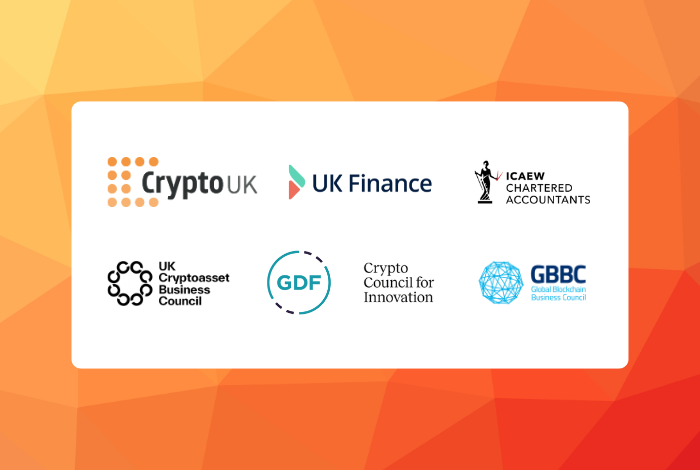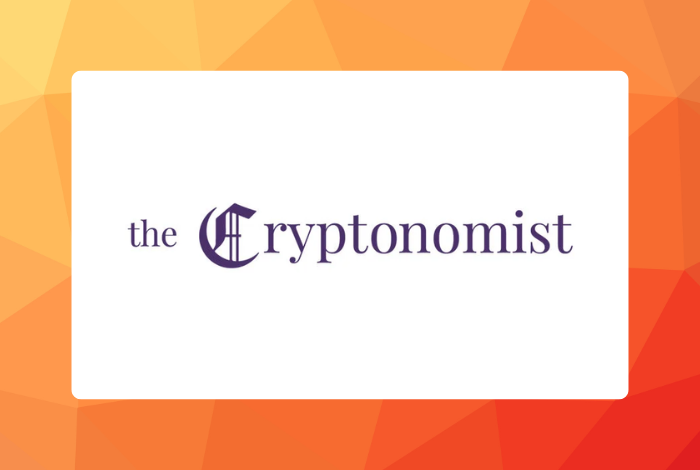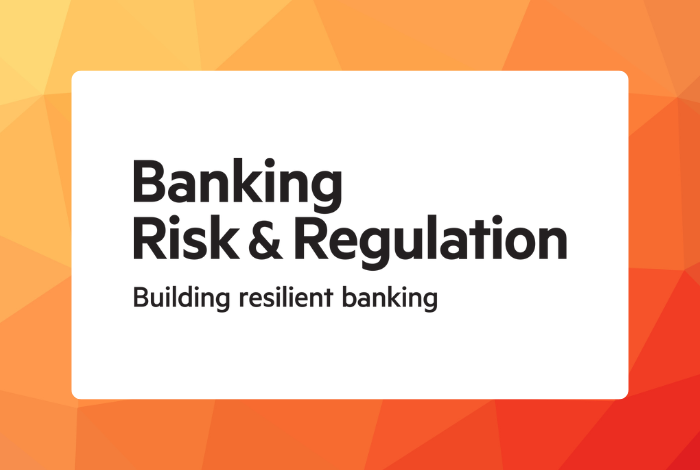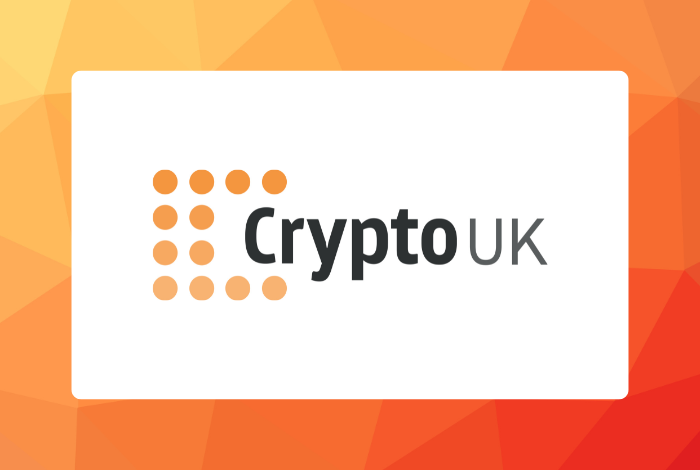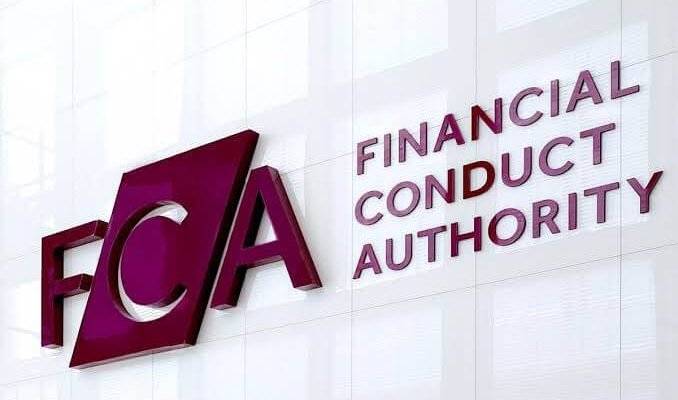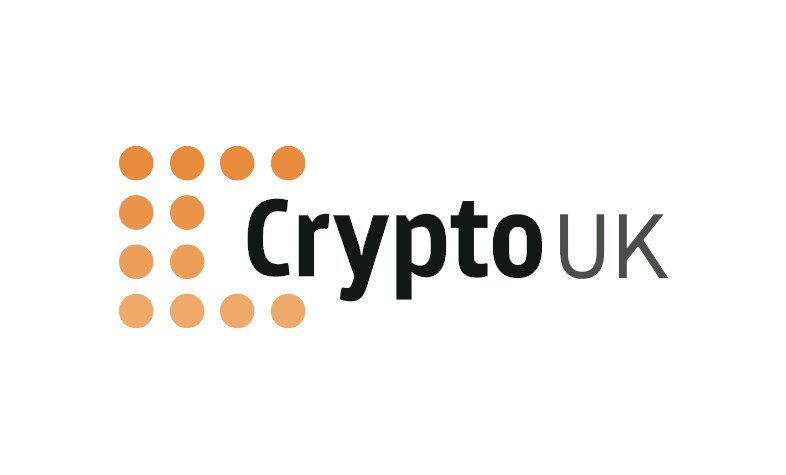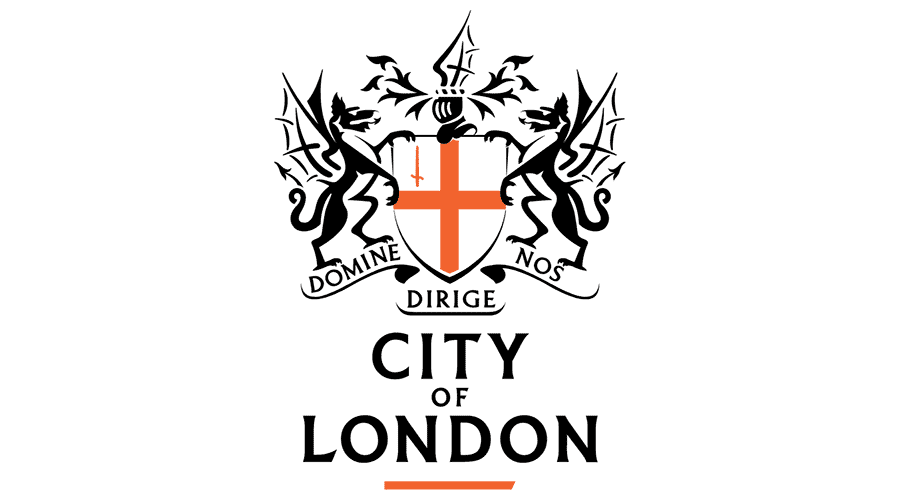
The proposed regulation establishes fully harmonised requirements for issuers that seek to offer their cryptoassets across the EU and cryptoasset service providers wishing to apply for an authorisation to provide their services in The European Single Market. The proposed regulation will replace existing national frameworks applicable to cryptoassets not covered by existing EU financial services legislation.
We see no major changes from the 2nd and final non-paper we summarised a few weeks ago. Please find the main highlights below:
-
This will replace all jurisdictional regulation and be binding on EU members.
-
As with traditional securities law (MiFID) compliance to the new regime will allow for passporting across the region.
-
The proposed taxonomy introduces a distinction based on the reach of “asset-referenced tokens” and “e-money tokens” by making the distinction between regular and “significant” tokens. Significant asset-referenced tokens (SARTs) and significant e-money tokens (SEMTs) are subject to stricter requirements.
-
Stablecoins in whatever form will either be e-money or fall into a new bespoke regime:
-
Stablecoins that reference a single fiat currency will be classed as e-money.
-
Stablecoins that reference a basket of traditional assets or other digital assets will fall under the new regime.
-
-
The regulation applies to all entities engaged in the issuance of cryptoassets and services related to cryptoassets in the EU.
-
The draft sets out the obligations cryptoasset issuers must comply with when offering and marketing cryptoassets. This includes an obligation to publish a whitepaper, which should contain relevant information concerning the cryptoasset issuer and the planned crypto-asset offering or admission to trading on a trading platform for cryptoassets and notify it to the competent authority.
-
The draft sets out the requirements for issuers of asset-referenced tokens (ART). ARTs cannot be offered in the EU or admitted to trading if the issuer is not authorised in the EU and it does not publish a whitepaper. Small-scale ARTs and ARTs which are marketed to qualified investors are exempt.
-
In scope cryptoasset service providers include the following:
-
Operation of a trading platform for cryptoassets
-
Custody on behalf of third parties of cryptoassets or access to cryptoassets
-
Exchange of cryptoassets against fiat currency or exchange of cryptoassets against other crypto-assets
-
Execution of orders for cryptoassets on behalf of third parties
-
Placement of cryptoassets
-
Reception and transmission of orders related to cryptoassets
-
Advice on cryptoassets
-
Full report – link here

